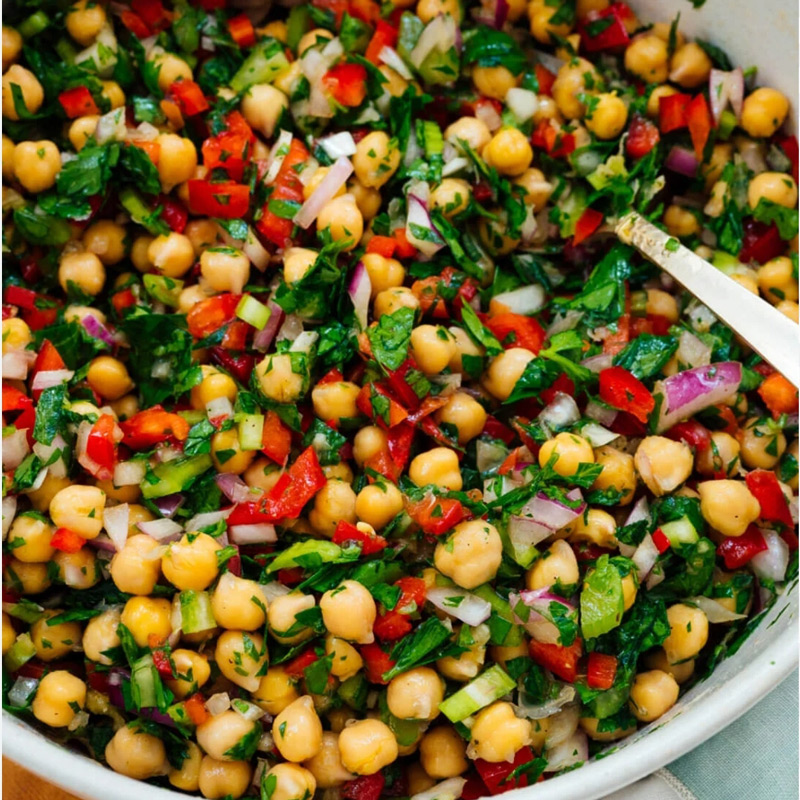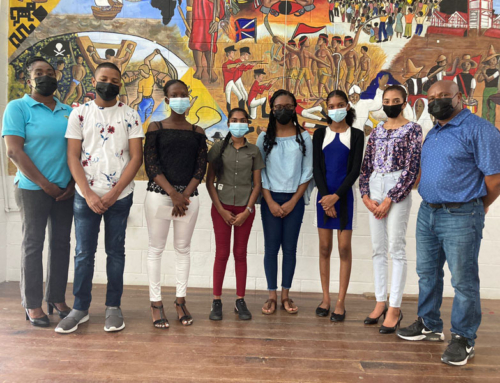Research has demonstrated that students who are well-fed tend to have more energy, allowing them to focus better on their studies, engage in classroom activities, and actively participate in sports and other extracurriculars. These findings highlight that well-nourished students outperform those who face food insecurity. The NRMSS feeding program’s goal is to provide capable students with well-balanced, nutritious meals on a regular basis. The program’s primary goal will be to identify and ensure that qualified students can participate. The ultimate objective is to raise long-term financing to combat food insecurity.
From its inception, NRMSS’s feeding program has enjoyed full support from the Headmistress, the staff, the PTA, both chapters of the Alumni Association, and numerous committed alumni.
Objectives of the Feeding Program:
- To provide qualified students with healthy, nutritious meals that support their physical and mental well-being.
- To provide balanced, well-prepared meals that will sustain children and allow them to fully participate in classroom activities.
- To offer breakfast and lunch to eligible students, therefore alleviating hunger and food insecurity.
- To foster a friendly, courteous, and trustworthy atmosphere in which kids can access nutritious meals.
- To raise student attendance, decrease absenteeism, and expand educational opportunities.
- To reduce the financial burden on low-income families and relieve some of the strain on caretakers.
- To gather funding for the continuance of the feeding program.
Determining Eligibility and Food Provider
The Headmistress (HM) and NRMS personnel will be responsible for determining whether students are eligible for the feeding program. They will ensure that every participant feels valued and at ease. Additionally, they will decide which students will receive breakfast, lunch, or both. All personal information regarding students must remain confidential.
The HM, PTA, and the Guyana Chapter will work together to determine the way resources are allocated. They will also select a caterer for the meals. To establish the cost and nutritional value, vendors must provide meal plans and samples for evaluation.
The HM, staff, PTA, and both Alumni Chapters will work together to calculate the cost per child and the total annual program expenses. They will also decide whether to provide both breakfast and lunch to students.
Fundraising for the Program Funds for the program can be raised through several approaches:
- Organizing fundraising events focused on supporting the feeding program.
- Seeking donations from corporate partners and other potential sponsors.
- Securing monthly pledges from individuals who commit to a regular donation.
- Launching an “Adopt a student” initiative.
- Accepting one-time or recurring donations.
Tax Deductible Donations
You can Zelle donations and payments to
Treasurer@nrmssalumni.com
Responsibility of US and Guyana Chapter Treasurers/Assistant Treasurers.
- Designate and maintain a section of their financial records specifically for the NRMS Feeding Program.
- Allocate funds appropriately to the program’s dedicated account or section.
- Ensure that funds earmarked for the feeding program are transferred correctly and receipts are properly collected.
- Track and manage donations and contributions through Zelle, PayPal, checks, and other methods.
- Provide donors with NRMS’s Tax ID number and remind them that donations are tax-deductible.
Status updates will be made when required.
References
Hartline-Grafton, H., & Levin, M. (2022). Breakfast and school-related outcomes in children and adolescents in the US: A literature review and its implications for school nutrition policy. Current Nutrition Reports, 11(4). https://doi.org/10.1007/s13668-022-00434-z
Jeong, E.-Y. (2019). The influence of breakfast on the academic performance of school-age adolescents: Systematic review. Journal of Nutrition and Health, 52(2), 119. https://doi.org/10.4163/jnh.2019.52.2.119
Kadir, D. H., Fadhil Saleem , M., Galali, Y., Khudr, A. M., Hashm Balaky, H., Hassanzadeh, H., & Ghanbarzadeh, B. (2024). Assessing prevalence, factors and health consequences and academic performance of undergraduate students with breakfast skipping during COVID-19 using statistical modeling: A cross-sectional study. Eating and Weight Disorders – Studies on Anorexia Bulimia and Obesity, 29(1). https://doi.org/10.1007/s40519-024-01676-2
Martin, A. J., Keiko C.P. Bostwick, Burns, E. C., Munro-Smith, V., George, T., Kennett, R., & Pearson, J. (2024). A healthy breakfast each and every day is important for students’ motivation and achievement. Journal of School Psychology, 104, 101298–101298. https://doi.org/10.1016/j.jsp.2024.101298











